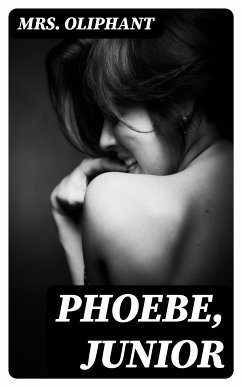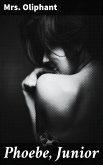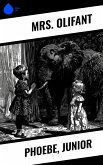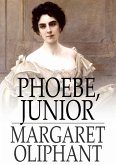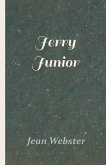In "Phoebe, Junior," Mrs. Oliphant weaves a rich tapestry of Victorian societal norms alongside the personal struggles of its protagonist, Phoebe. The narrative centers on a young woman's quest for independence and self-definition in a rigidly structured society, skillfully merging elements of realism and social commentary. With a distinctive voice characterized by sharp wit and psychological depth, Oliphant explores themes of gender, class, and the conflict between personal aspirations and societal expectations, all set against the backdrop of the changing social fabric of 19th-century England. Mrs. Oliphant, a prominent figure in Victorian literature, was renowned for her keen observations of contemporary society and her ability to portray complex female characters. Her personal experiences as a widow and her deep engagement with social issues of her time undoubtedly informed her portrayal of Phoebe's struggles. Oliphant's extensive literary career, marked by her insightful depictions of the lives of women, is a testament to her commitment to examining the intersection of personal desires and societal constraints. "Phoebe, Junior" is a compelling read for anyone interested in the nuances of feminist literature and Victorian society. Oliphant's masterful storytelling and vivid characterizations make this novel an essential addition to the canon of works that interrogate the roles and expectations of women. Readers will find not only an engaging narrative but also a reflective look at the timeless challenges faced by women in their pursuit of autonomy.
Dieser Download kann aus rechtlichen Gründen nur mit Rechnungsadresse in A, B, BG, CY, CZ, D, DK, EW, E, FIN, F, GR, H, IRL, I, LT, L, LR, M, NL, PL, P, R, S, SLO, SK ausgeliefert werden.

